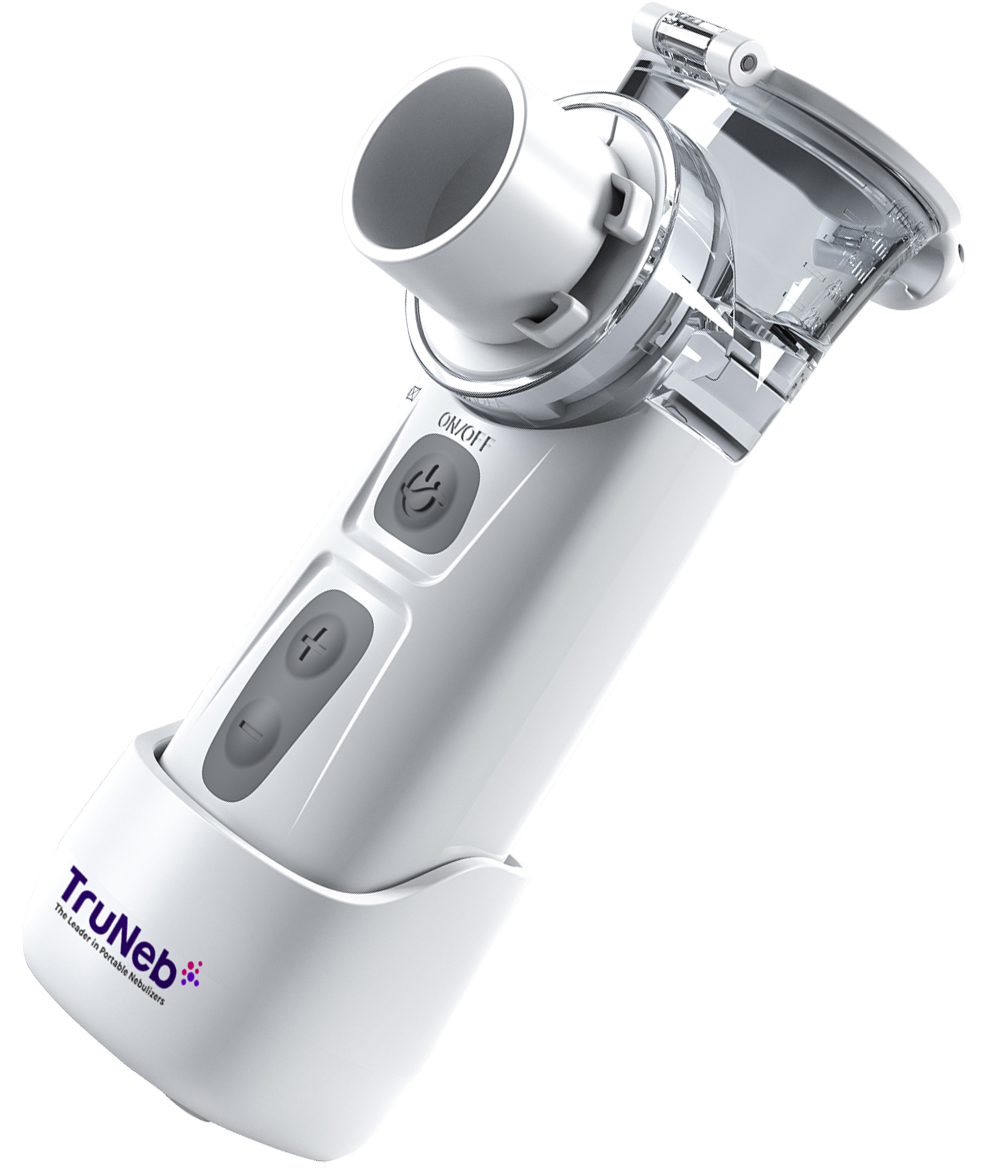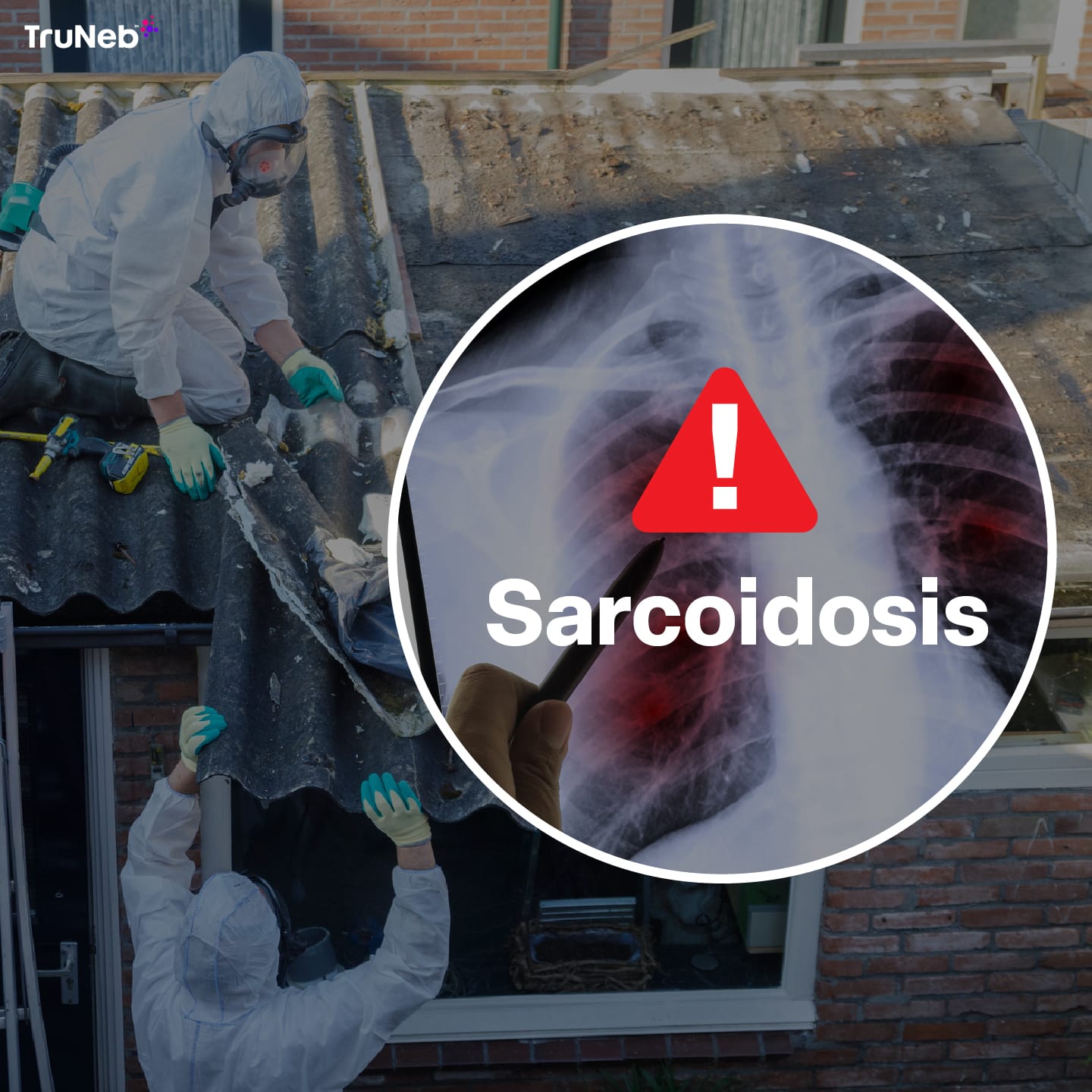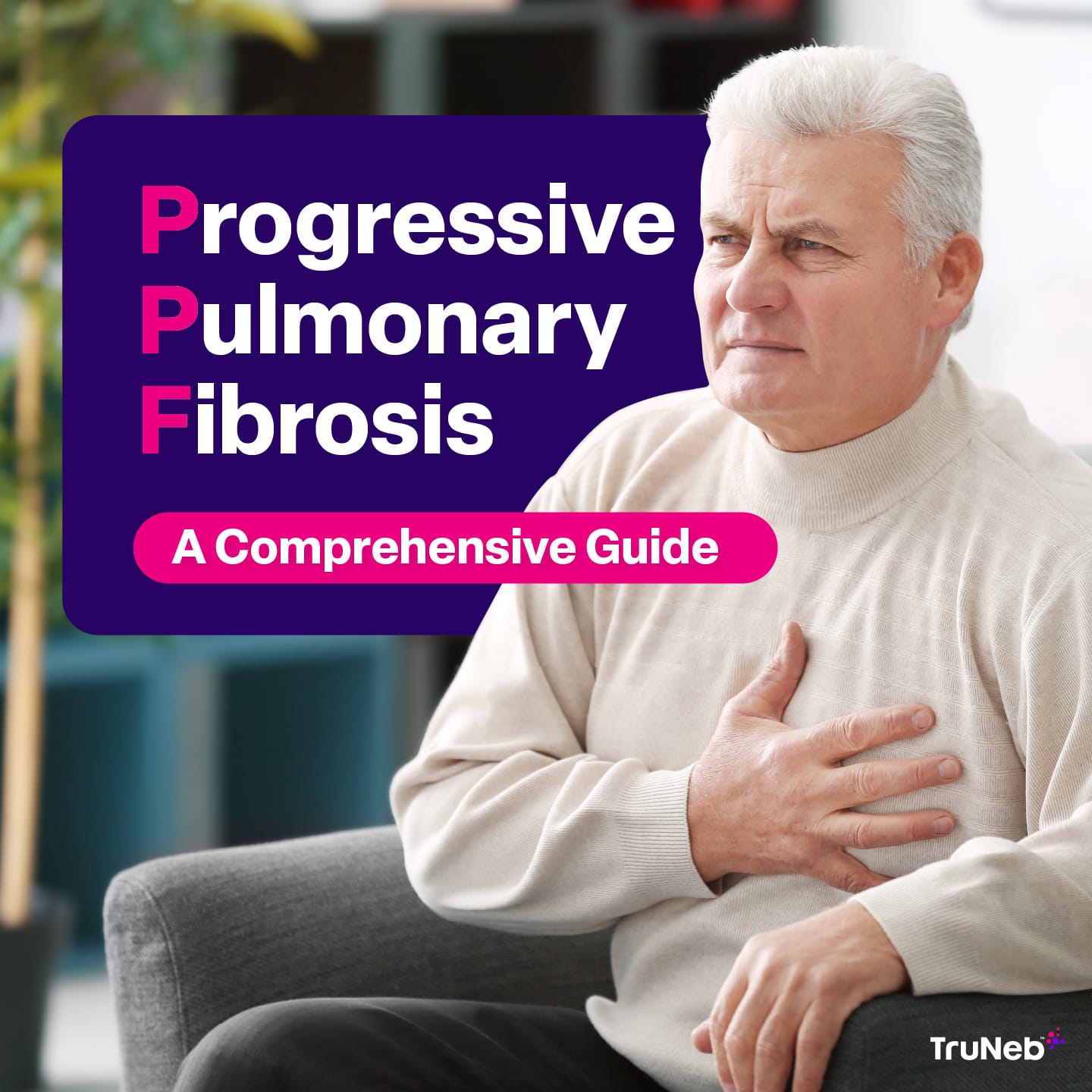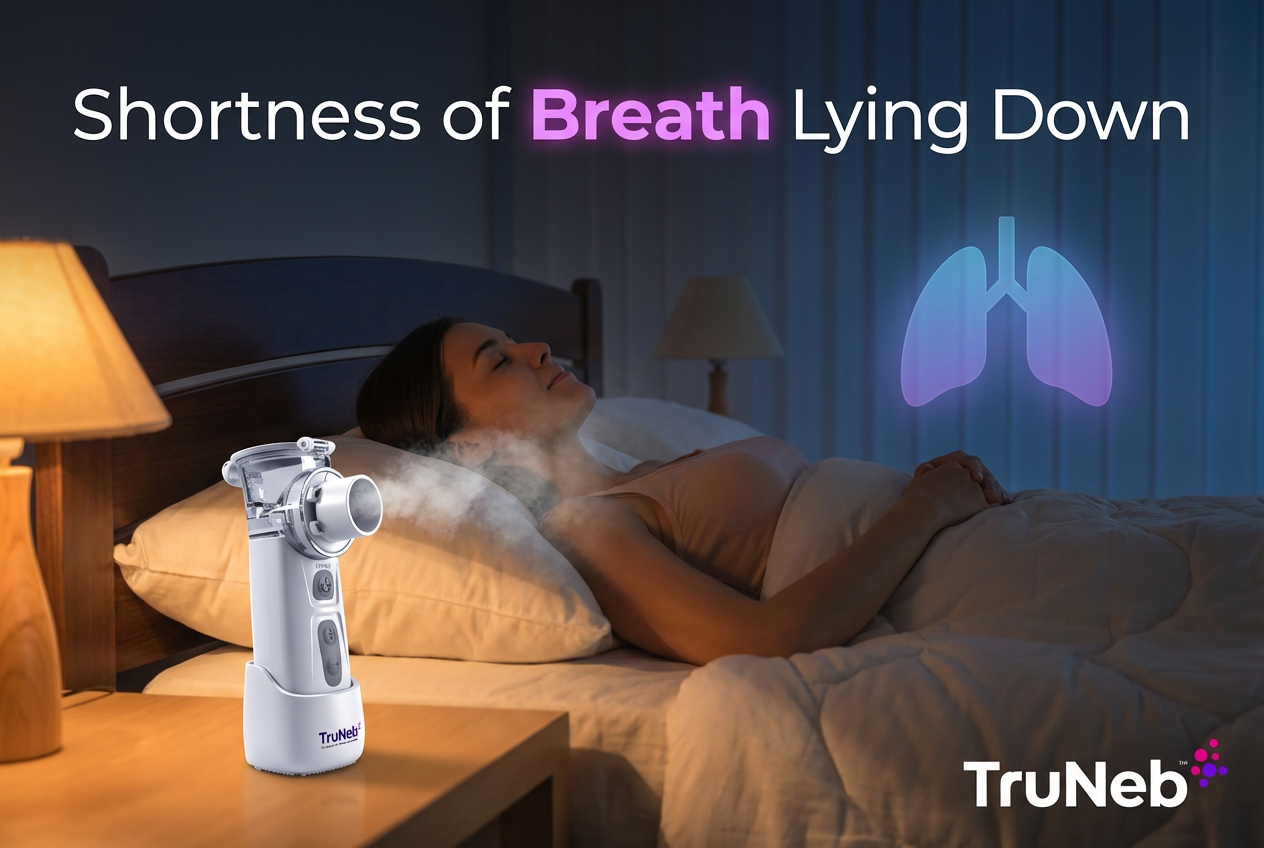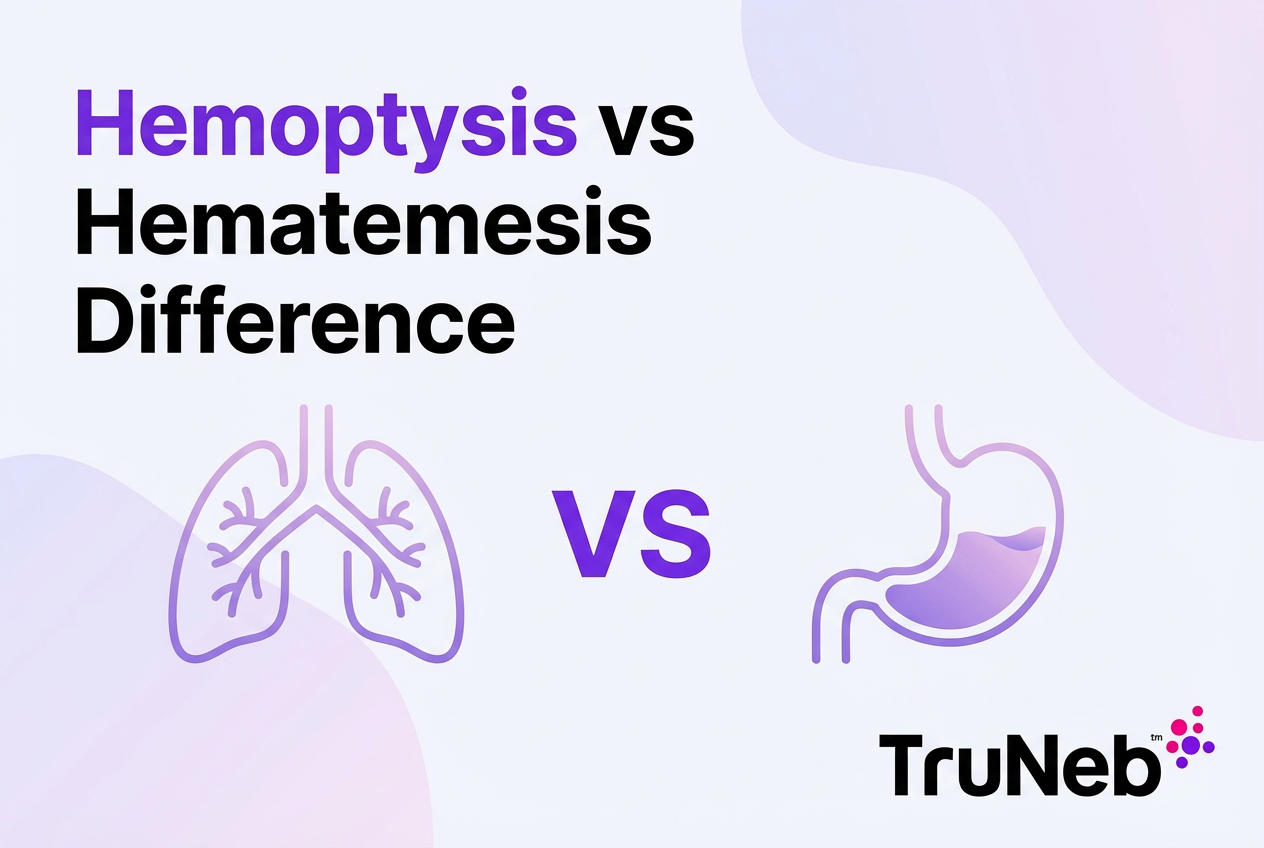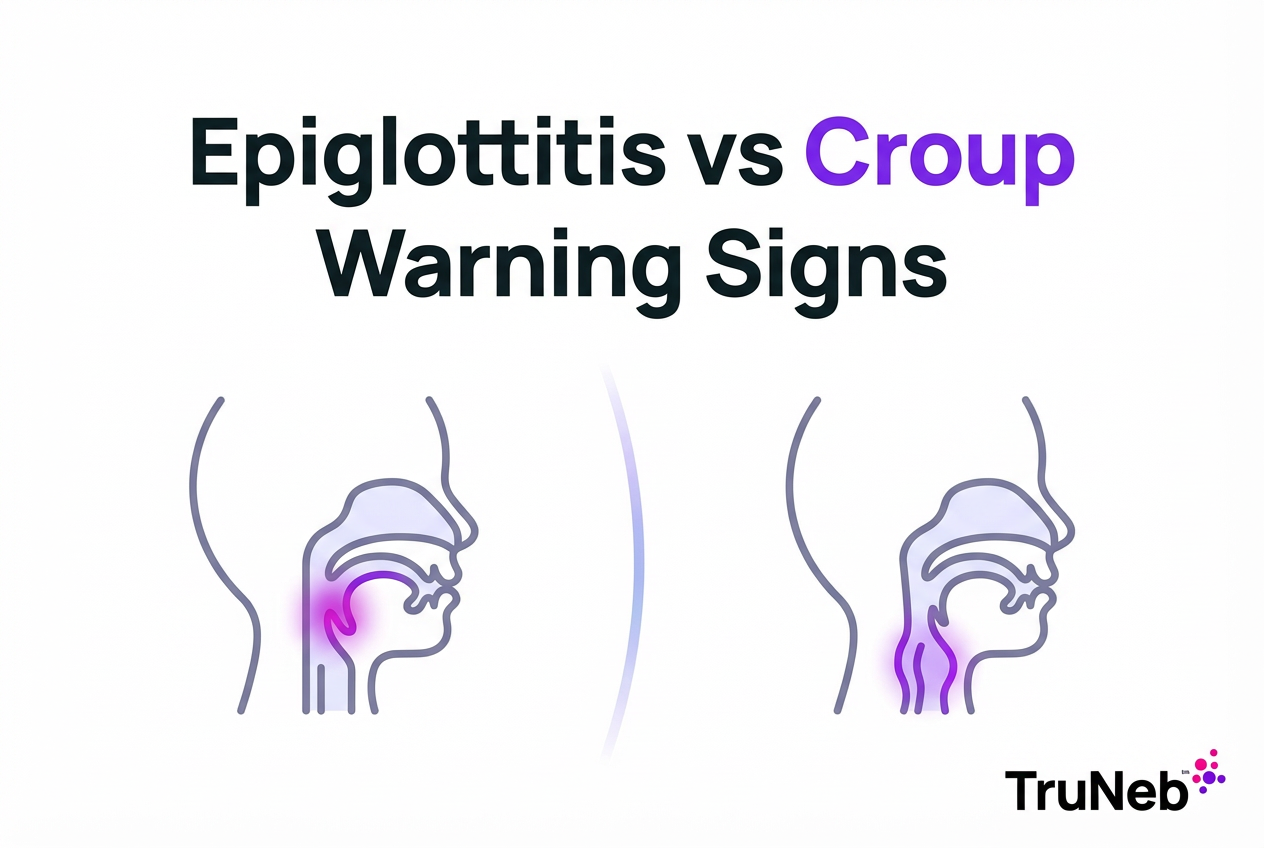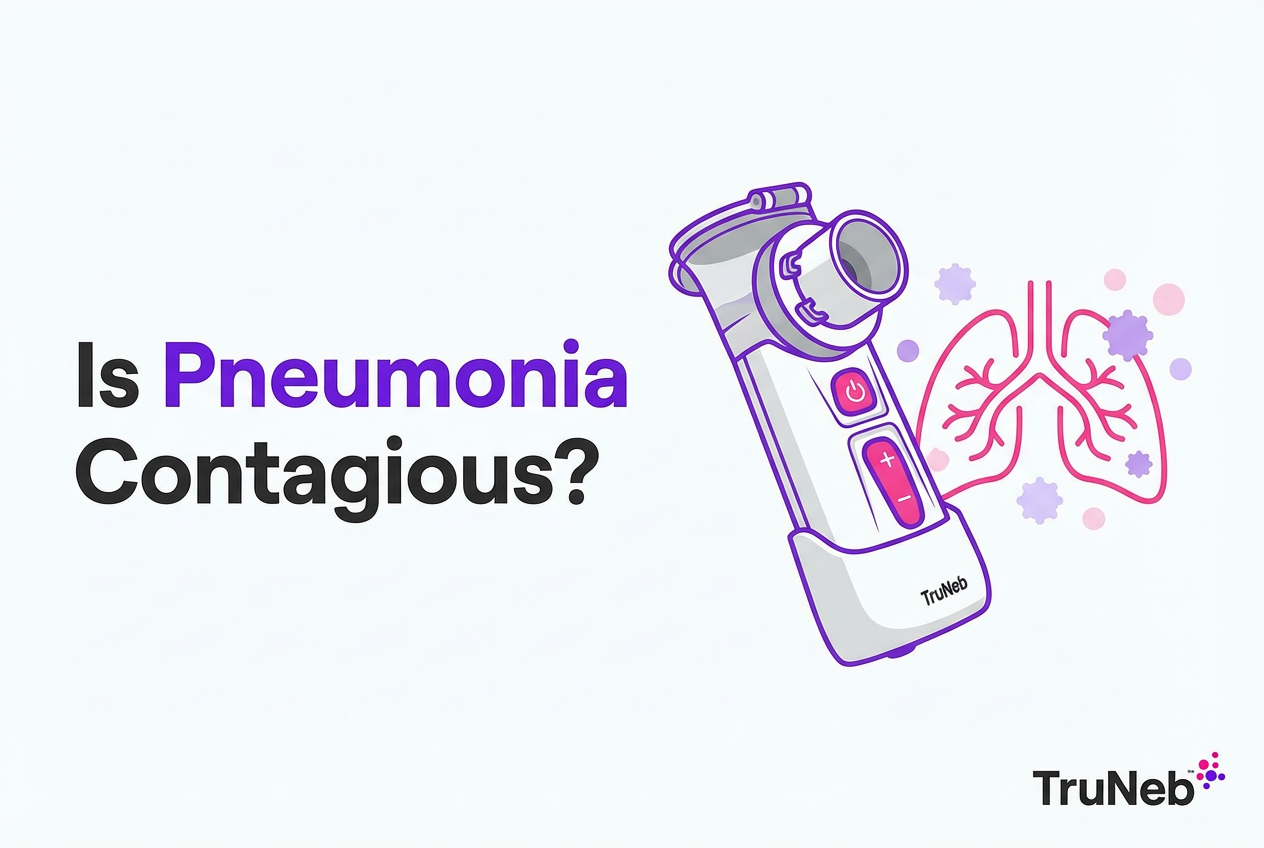On this page
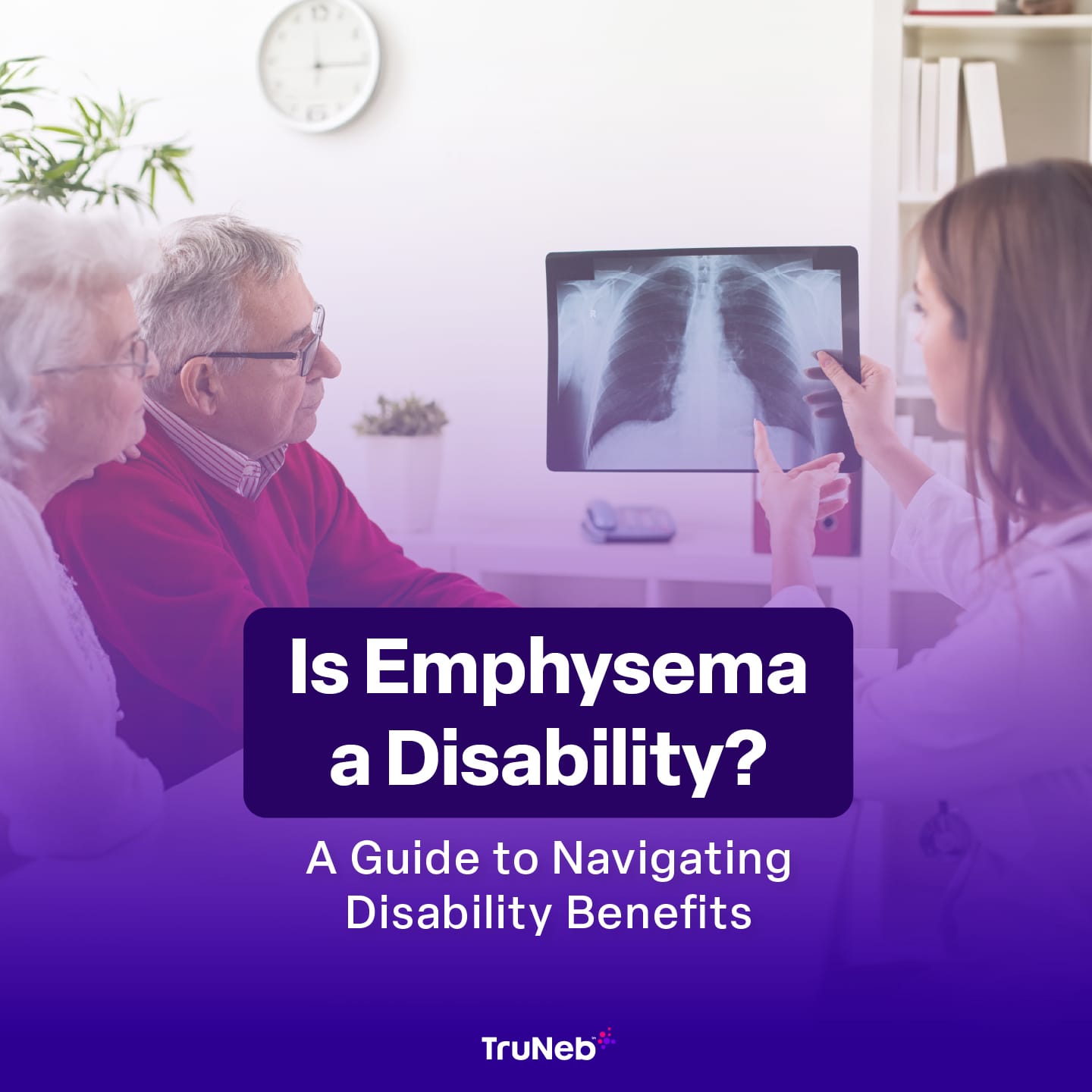
If you or a loved one are struggling with emphysema, you've probably wondered if it qualifies as a disability. The short answer? It can. But like many things in life (and especially in healthcare), it's not quite that simple. In this article, we're going to dive deep into the world of emphysema and disability benefits, giving you the knowledge you need to navigate this challenging terrain.
Understanding Emphysema and Disability Benefits
What exactly is emphysema? Emphysema is like an unwelcome houseguest in your lungs that just won't leave. It's a chronic lung condition that damages the air sacs in your lungs (alveoli), making it harder and harder to breathe over time. Think of it as your lungs slowly losing their elasticity – like a balloon that's been blown up and deflated too many times.
When emphysema starts to seriously impact your life, disability benefits can be a lifeline. These benefits, primarily through Social Security, can provide financial support when your ability to work is compromised. But before you start envisioning a smooth sail to approval, let's break down what you really need to know.
Understanding Emphysema as a Disability: More Than Just Shortness of Breath
Emphysema doesn't just make you short of breath – it can turn everyday activities into the most difficult tasks. Imagine feeling winded just from walking to your mailbox or struggling to carry a bag of groceries. For many with emphysema, this is their reality. Work becomes challenging too – especially if your job involves any physical activity or exposure to lung irritants.
Some daily struggles you might face:
- Difficulty climbing stairs or walking long distances
- Trouble sleeping due to breathing issues
- Fatigue from the constant effort to breathe
Not all emphysema is created equal. The Social Security Administration (SSA) looks at the severity of your condition when considering disability claims.
Here's a quick breakdown:
Mild emphysema: You might have some shortness of breath, but it doesn't significantly impact your daily life or work ability. This level typically doesn't qualify for disability benefits.
Moderate emphysema: Daily activities become more challenging, and you might need to make some adjustments at work. Qualifying for benefits at this stage can be tricky and often depends on other factors.
Severe emphysema: Breathing is a constant struggle, significantly impacting your quality of life and ability to work. This level often qualifies for disability benefits, especially if it meets specific medical criteria.
Qualifying for Disability Benefits With Emphysema & Navigating Social Security
The Social Security Administration has a set of criteria they use to evaluate emphysema disability claims. It's like a checklist, and the more boxes you tick, the stronger your case. Here's what they're looking at:
- Severity of your condition: This is measured through various tests (more on those in a bit).
- How long you've been affected: Your condition should have lasted, or be expected to last, for at least 12 months.
- Impact on your ability to work: They'll consider if your emphysema prevents you from doing your current job or any other type of work.
When emphysema hits the fast track In some cases, you could qualify for automatic approval. This is usually when your condition is severe enough to meet the SSA's listing for chronic respiratory disorders. To hit this benchmark, you'll need to show:
- Very low scores on breathing tests (like FEV1 tests)
- Frequent exacerbations or complications requiring hospitalization
- Severe limitation in your ability to do daily activities
The burden of proof
When it comes to proving your disability claim, medical evidence is king. Here's what you'll need to gather:
- Breathing tests: Pulmonary Function Tests (PFTs) are crucial. These include:
- Spirometry tests (measures how much air you can exhale)
- DLCO tests (measures how well oxygen moves from your lungs to your blood)
- Imaging: CT scans or chest X-rays to show the extent of lung damage
- Medical records: Detailed notes from your doctor about your symptoms, treatments, and how they affect your daily life
- Hospitalization records: If you've had hospital stays due to emphysema complications
The more comprehensive and recent your medical evidence, the stronger your case will be and the harder it is for the SSA to deny your claim.
Types of Disability Benefits for Emphysema: SSDI vs. SSI
When it comes to disability benefits for emphysema, you've got two main options: Social Security Disability Insurance (SSDI) and Supplemental Security Income (SSI). Think of them as two different paths up the same mountain – both can get you to financial support, but they're designed for different people.
Social Security Disability Insurance (SSDI)
SSDI is like a safety net you've been weaving throughout your working years. Here's the lowdown:
- It's for people who have worked and paid into Social Security
- Your benefit amount is based on your work history and earnings
- There's a 5-month waiting period before benefits start (but don't let that discourage you from applying ASAP!)
Supplemental Security Income (SSI)
SSI is more like a helping hand for those with limited income and resources. Key points:
- It's need-based, not work-history based
- There are strict income and asset limits
- Benefits can start as soon as you're approved
Eligibility Criteria: Which Path Is Right for You?
For SSDI:
- You need enough "work credits" (earned by working and paying Social Security taxes)
- Generally, you need to have worked 5 out of the last 10 years
- Your emphysema must meet the SSA's definition of disability
For SSI:
- You must have limited income and resources
- You don't need a work history
- Your emphysema must still meet the SSA's definition of disability
It's possible to qualify for both SSDI and SSI if your SSDI benefit is low enough. It's like getting a two-for-one deal on financial support!
The Disability Application Process
Step-by-Step Guide: Navigating applications
- Gather your medical evidence: Be prepared with all the proof you can
- Start your application: You can do this online, by phone, or in person at your local Social Security office
- Complete the Adult Disability Report: This is where you detail how emphysema affects your daily life and work ability
- Wait for the initial review: The SSA will look over your application and may ask for more information
- Attend a consultative exam if requested: This is like a pit stop where the SSA double-checks your condition
- Receive the decision: Cross your fingers, but be prepared for either outcome
How long does it take?
Buckle up, because the disability claim process isn't exactly a speed race:
- Initial application review: 3-5 months on average
- If denied and you request reconsideration: Another 3-5 months
- If denied again and you request a hearing: It could be a year or more
Pro tip: Start your application as soon as you think you might qualify. The process can be long, but benefits can be backdated to your application date if approved.
Common pitfalls and how to avoid them
- Insufficient medical evidence: Make sure your records are comprehensive and up-to-date
- Still working or earning too much: If you're earning above the SSA's limit, your claim will be denied
- Not following prescribed treatment: The SSA wants to see you're doing your part to manage your condition
- Failing to cooperate: Respond promptly to SSA requests and attend any required exams
A denial isn't the end of the road – you have the right to appeal. But it's best to build a strong case from the start!
Beyond COPD: Emphysema Co-Morbidities
Associated heart problems
Emphysema doesn't just affect your lungs – it can put extra strain on your heart too. Here's what you need to know:
- Cor pulmonale: This is when the right side of your heart enlarges due to high blood pressure in your lung arteries
- How it impacts your claim: If you have both emphysema and heart problems, it can strengthen your case for disability
Don't forget to include all your heart-related medical evidence when applying.
Other respiratory conditions to consider
Emphysema often is associated with other co-existing respiratory conditions. Here's how they stack up in disability claims:
- Chronic bronchitis: Often paired with emphysema as COPD, it can strengthen your case
- Asthma: While it can be severe, it's often harder to qualify for disability with asthma alone compared to emphysema
- Pulmonary fibrosis: Like emphysema, it can qualify for disability if severe enough
The key takeaway? Document all your respiratory issues. When it comes to disability claims, the whole picture of your health matters.
Managing Emphysema While Awaiting Disability Approval
Treatment Options
While you're waiting for that disability decision, it's crucial to keep managing your emphysema. Your treatment can actually impact your claim:
- Nebulizers & Medications: Bronchodilators, steroids, antibiotics – keep taking them as prescribed. The SSA wants to see you're following doctor's orders.
- Oxygen therapy: If you're on it, it can strengthen your case, showing your disease is serious.
- Pulmonary rehabilitation: This can improve your quality of life and show you're actively trying to manage your condition.
The goal is to find that sweet spot between feeling better and demonstrating the severity of your condition.
Symptom management
Living with emphysema while waiting for disability approval can feel like running a marathon. Here are some tips to help you catch your breath:
- Practice pursed-lip breathing: It's like giving your lungs a mini-workout.
- Use a fan: Sometimes, a breeze on your face can help you feel less short of breath.
- Conserve energy: Prioritize activities and take breaks. It's not lazy – it's smart!
- Stay smoke-free: This one's a no-brainer, but it bears repeating.
Financial resources
Waiting for disability approval can put a strain on your financial health. Here are some lifelines to consider:
- State disability programs: Some states offer short-term disability benefits.
- Local charities and non-profits: They might offer assistance with bills or medical expenses.
- Prescription assistance programs: Many drug companies offer help if you can't afford your meds.
- Negotiate medical bills: Many hospitals have financial assistance programs. It never hurts to ask!
Appealing a Denied Emphysema Disability Claim
So, you got denied. Take a deep breath (as best you can) and remember – many claims are approved on appeal. Here are the steps to take:
- Make a Request for Reconsideration: Ask them to review your case again
- Administrative Law Judge (ALJ) Hearing: Your chance to tell your story in person
- Appeals Council Review: If the ALJ says no, you can ask the Appeals Council to look at your case
- Federal Court Review: The final step in an appeals process
Success rates and statistics
Appeals can be an uphill battle, but many people do win. Here's some hope in number form:
- At the Reconsideration stage: About 13% of claims are approved.
- At the ALJ Hearing stage: Your odds jump to about 50%.
- Appeals Council and Federal Court: Lower success rates, but still possible.
Each appeal is a new chance. Don't throw in the towel too soon!
What Happens After Disability Benefits Approval for Emphysema?
Getting approved isn't the end of the story. The SSA will periodically review your case to make sure you still qualify:
- Frequency: Usually every 3-7 years, depending on your condition
- What they look for: Any medical improvement that could allow you to work
- Your role: Keep seeing your doctor and following treatment plans
Working while on disability for emphysema
Breathe easy – being on disability doesn't mean you can never work again:
- Trial Work Period: You can test your ability to work for 9 months without losing benefits.
- Substantial Gainful Activity (SGA): There's a limit to how much you can earn ($1,550/month in 2024 for non-blind individuals).
- Ticket to Work program: This can help you transition back to work if you're able.
Moving Forward and Applying
Now that we’ve answered, “Is emphysema a disability?” – you can move forward with your application.
Key Points Recap:
- Emphysema can qualify as a disability if it severely impacts your ability to work.
- Both SSDI and SSI are potential benefit options, depending on your situation.
- The application process can be long, but thorough medical evidence is key.
- If denied, don't give up – the appeals process can be successful.
- Even after approval, stay on top of your treatment and be aware of work limitations.
Don’t do it alone
Living with emphysema is tough enough without trying to navigate the disability system by yourself. Remember:
- Consider talking to a disability attorney or advocate.
- Keep in close contact with your doctors. They're your best allies in documenting your condition.
- Reach out to support groups. Sometimes, talking to others who get it can be the best medicine.
Getting approved for disability benefits can be life changing in the best way. For people struggling to work, it can be a major lifeline in living with emphysema.
For those managing emphysema or other respiratory conditions, proper treatment is crucial. The TruNeb™ Portable Nebulizer can be a game-changer for taking your breathing treatments comfortably at home or on the go. It's quiet, convenient, and designed to make managing your respiratory health a little bit easier.
Breathe easier, live better, and don't hesitate to reach out for the support you deserve!
*Article reviewed by a licensed Registered Respiratory Therapist

